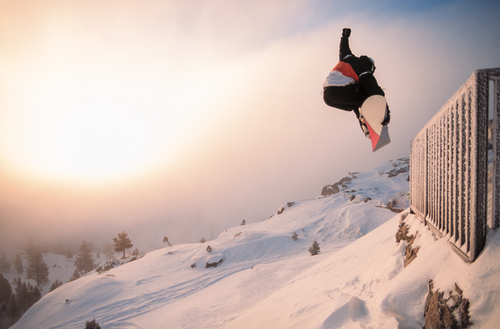



Once that happens – once an athlete has that data in front of him – it sparks massive change. He notes, “An amazing thing the ring does is take a metaphorical mirror and spin it around so the athletes can see themselves with clarity. If they make choices that result in a poor night of sleep, they can see the undeniable impact on their body. That’s when he turned to Oura-drawn to the prospect of giving his athletes “a way of asking the body directly how it’s doing.” What Did The Team Learn? The Data Doesn’t Lieįor Bing, Oura data is invaluable for showing his athletes that they have the power to own their own routines. In 2019, Bing started searching for a more objective way to monitor his athletes’ training. How about their relationships back home? Or their sleep consistency? Or the fact that they’re not eating the right fuels in between training sessions?” A single metric like resting HR, for example, is just one tiny piece of a performance puzzle. “The longer I’ve been in this field, the more puzzle pieces I see coming into play. The team spends over 600 hours on dryland training, over 300 training on the mountain, and a few hundred hours travelling to venues.īing’s success stems from his ability to show athletes how seemingly small, day-to-day decisions can have a massive impact on their preparedness. In all honesty, I train them for their training.” That’s where I feel I can have the biggest impact. Maximizing every single training opportunity is absolutely critical. When we add up every single run they take on the hill and multiply that by the average length of the runs, we find that the literal time spent on the hill, in the gates, training our sport amounts to as little as 8-15 hours per year. “Ski racing is an incredibly unique sport in that you can’t simply walk out your back door and train anytime you want. His athletes compete in a sport where shaving a tenth of a second off a 2-minute run can be the difference in 1st place and 5th, and that’s where Bing comes in. “To inspire, train, and educate my athletes in order to maximize their physical and mental preparedness because I care about the pursuit of personal as well as athletic greatness.” Once winter arrives, he travels the world with the team to help them maximize their performance. In the summer, Bing spends his days in Park City, Utah, where he prepares the men’s alpine athletes to be at the top of their game for their season. After using Oura for 6 months with his athletes, Bing had a lot to share. Michael Bingaman (aka “Bing”) is the Athletic Development Coordinator for the men’s alpine team at U.S.


 0 kommentar(er)
0 kommentar(er)
